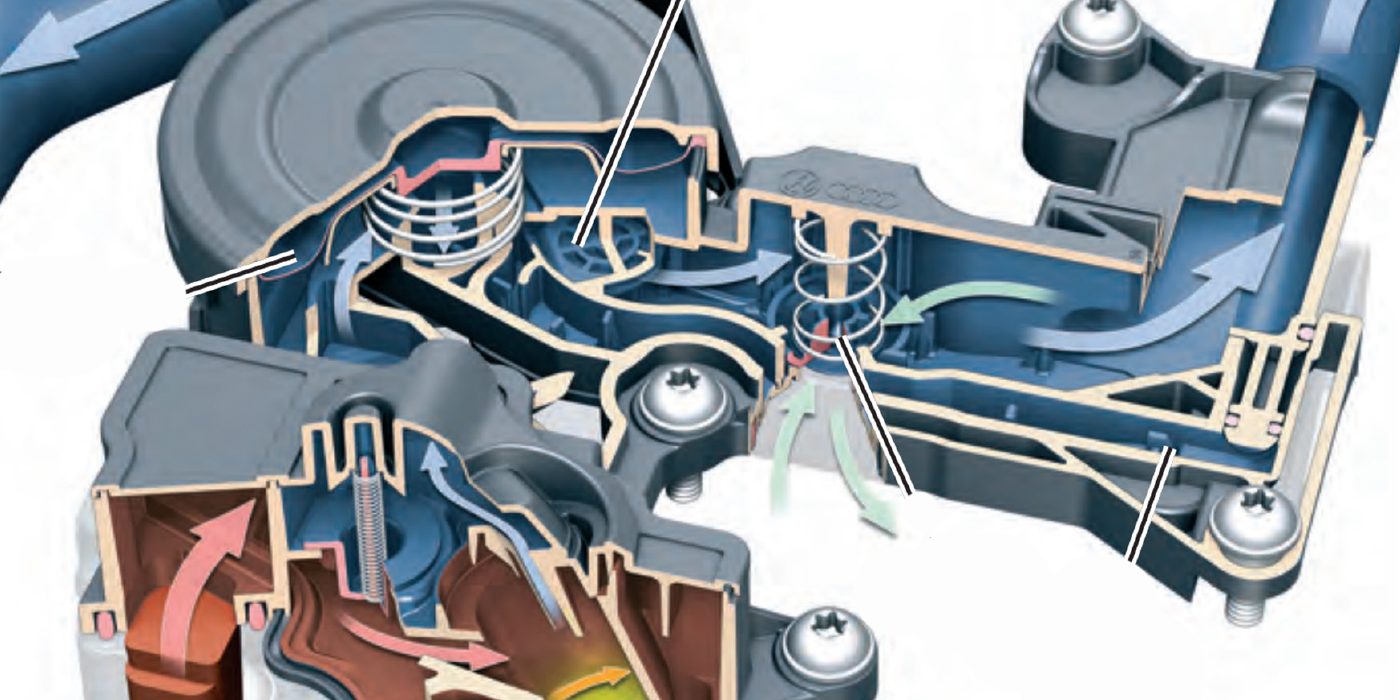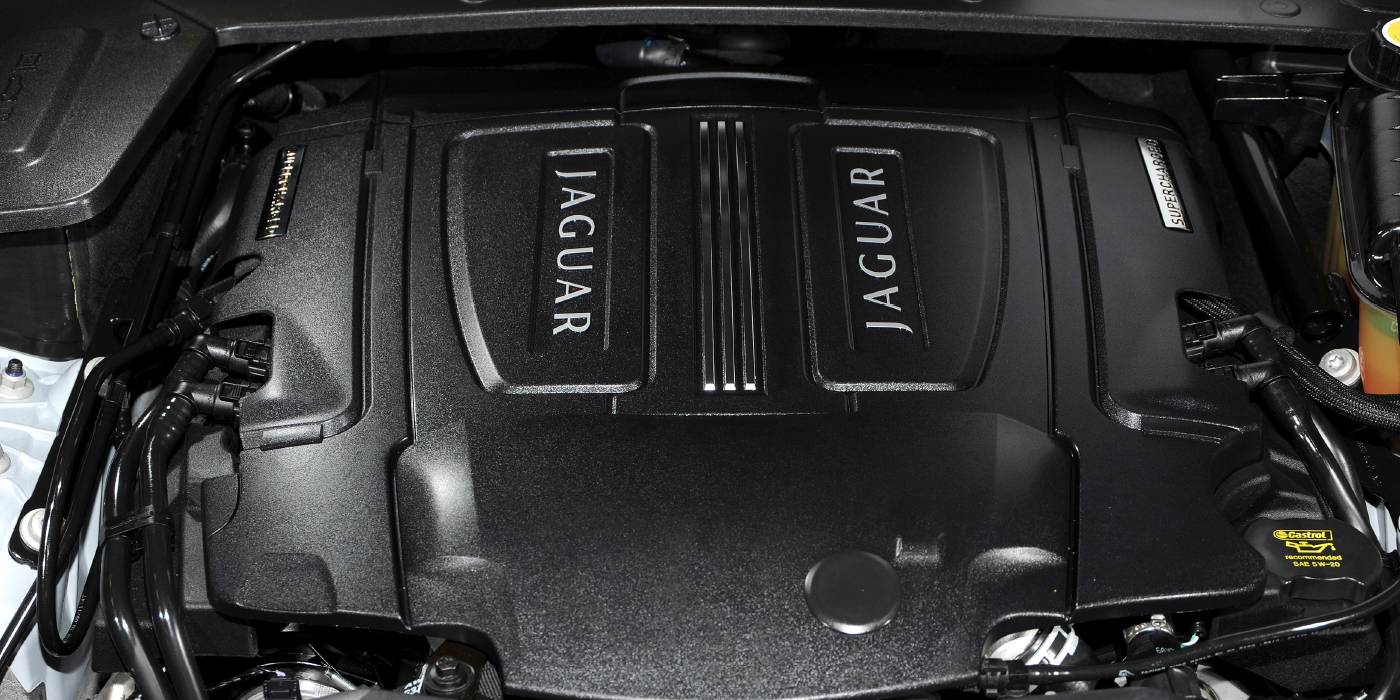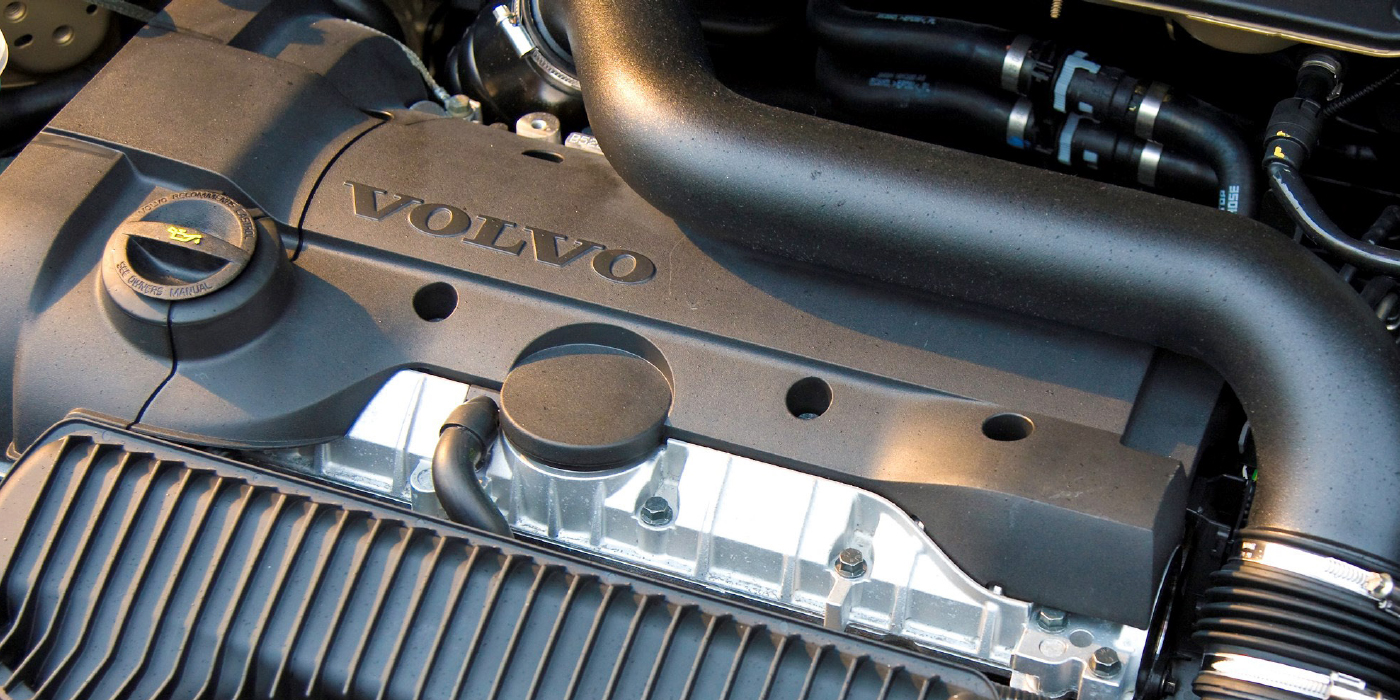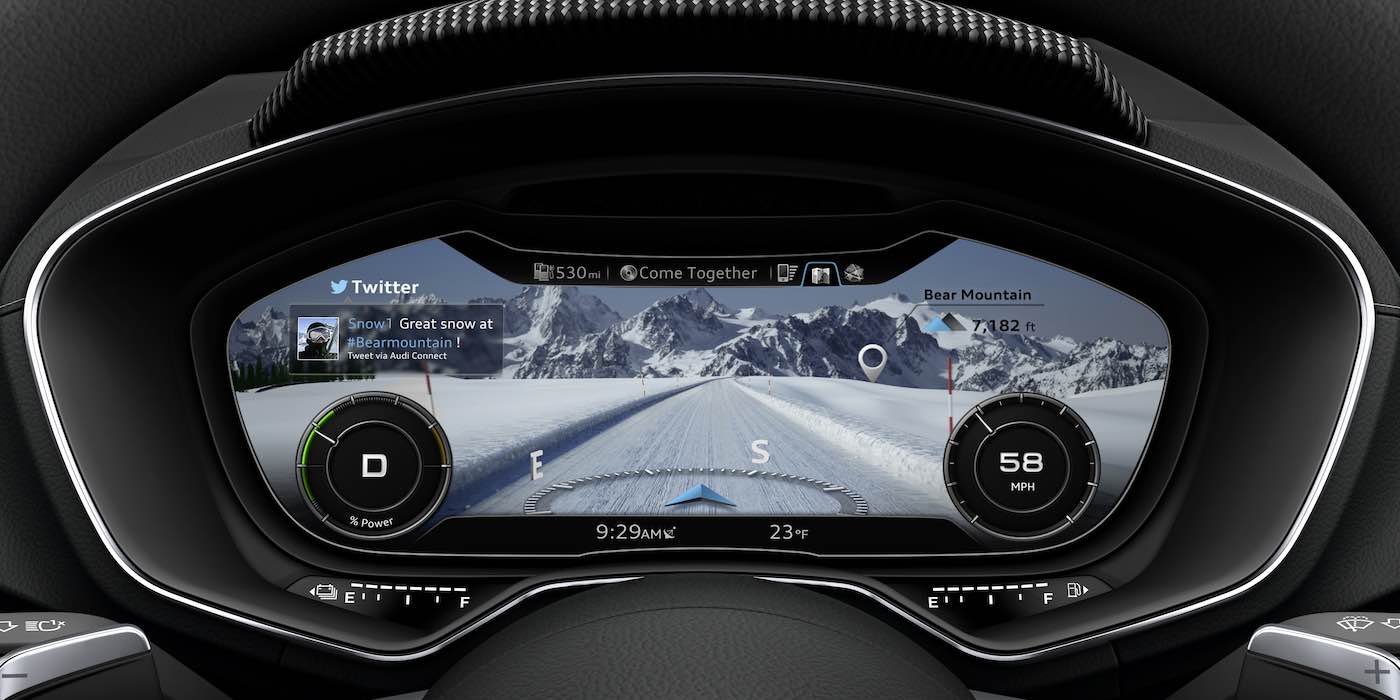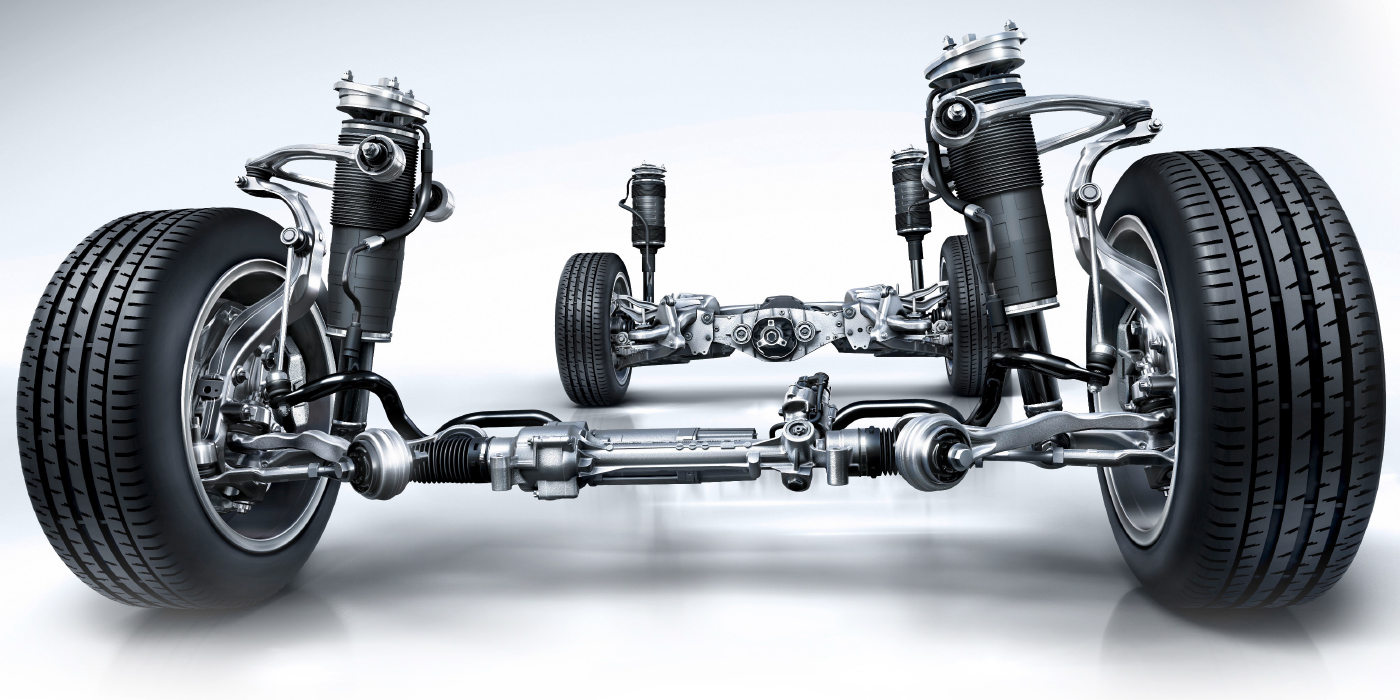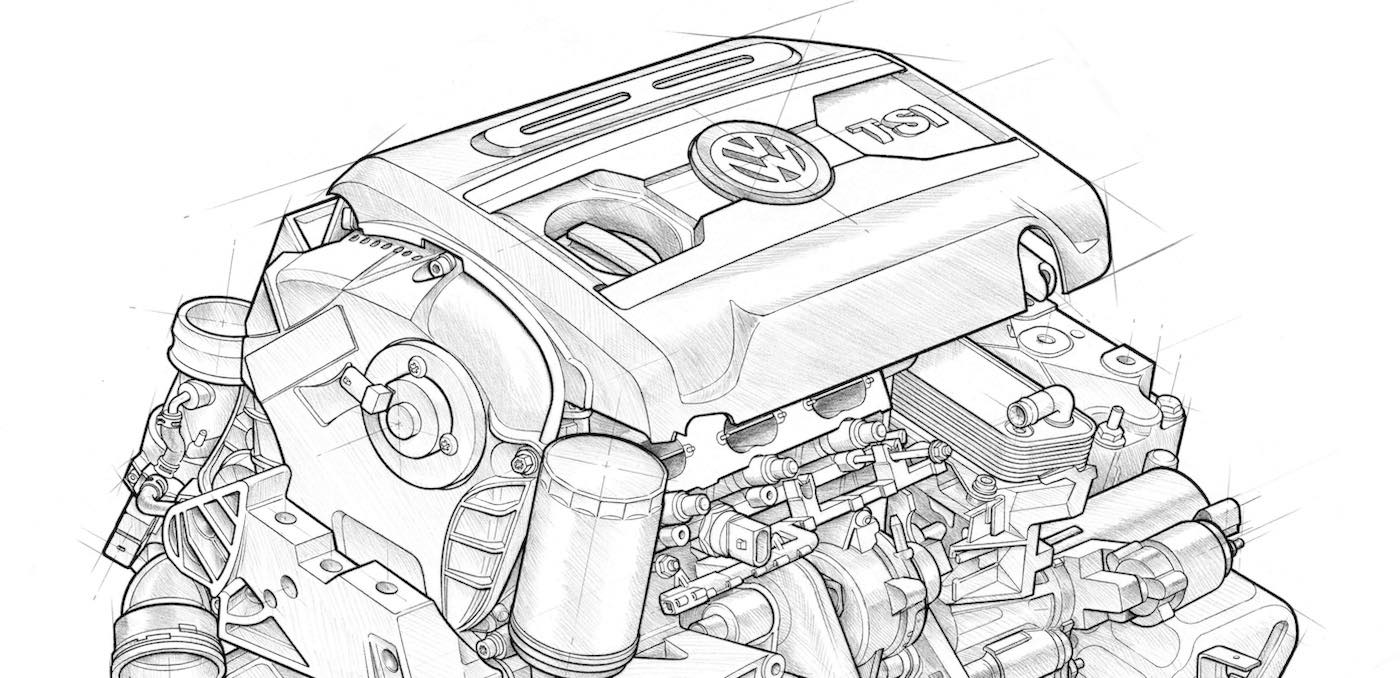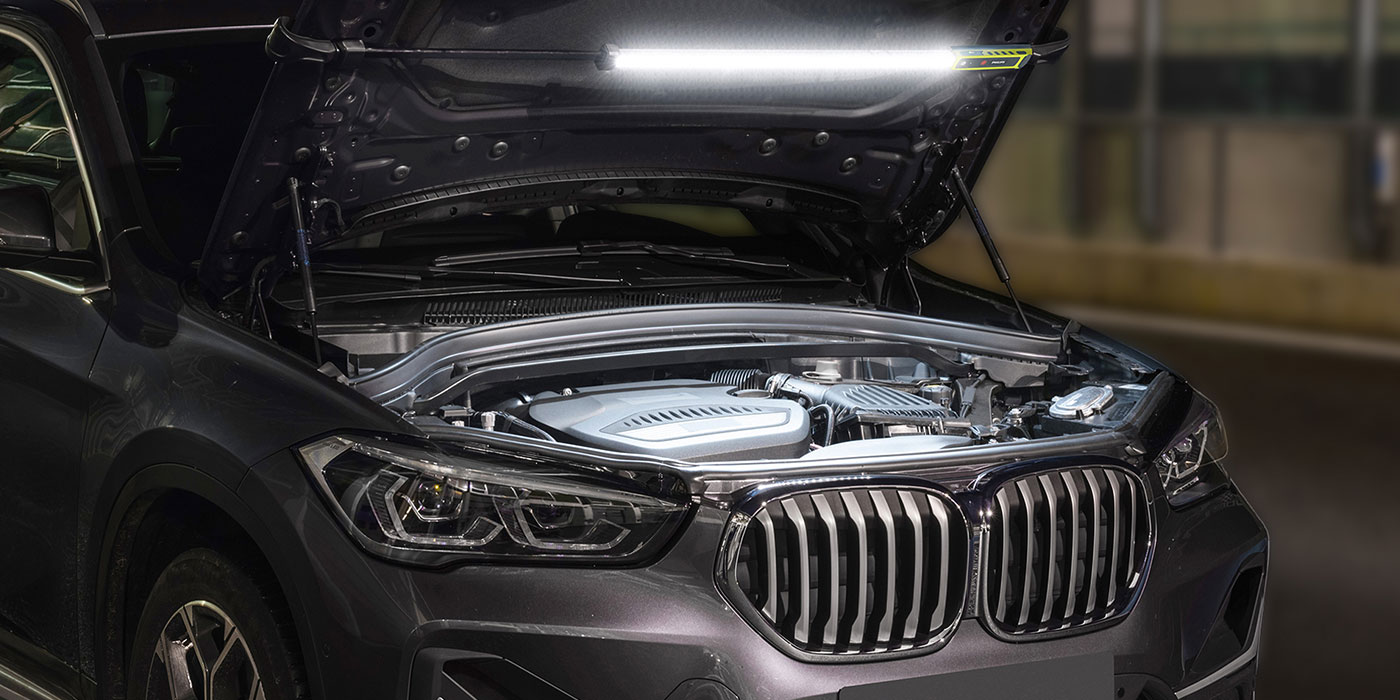As the September 2011 mandate for stability control on all light vehicles looms, MEMA’s Brake Manufacturers Council (BMC) announced changes to the Brake Effective Evaluation Procedure (BEEP) program allowing the testing of late model vehicles with electronic brake force distribution and advanced ABS systems.
The improved BEEP certification is based on the Society of Automotive Engineers (SAE) J2784 testing standard. SAE J2784 is designed to replicate the government’s FMVSS135 on-vehicle testing using a single-ended brake dynamometer. Previous tests did not fully take into account new electronic brake proportioning systems or how some systems control and prevent lock-up.
“The BEEP Certification program leverages a group of independent but synchronized entities (BMC, SAE-PRI, and Link Engineering) that specialize on particular and complementing activities with the ultimate goal of improving the quality and safety of friction products installed on vehicles that drive the United States roads every day,” said Tim Duncan, vice president, test operation for Link Engineering and co-chair of the BMC’s Technical Steering Committee. “This enhancement truly keeps the BEEP certification current with all new technologies use on vehicle brake systems and it is the right thing to do for the American driver and has the full support of highly-recognized technical bodies and services.”
The BMC validated the BEEP model with fully-instrumented vehicles on FMVSS-compliant proving grounds and laboratory tests using OE and aftermarket friction materials of known and different qualities. The BMC’s Technical Steering Committee reviewed the test results and, in combination with their individual experiences and testing activities, provided expert feedback to the program. This structured and permanent peer review keeps the model valid, relevant and current.
BEEP goes even further to ensure manufacturers are producing quality products in a consistent manner. First, the friction material must be produced at a facility that meets and maintains specific QS and ISO certifications. Second, manufacturers must conduct and pass BEEP tests on a select 12 different part numbers covering specific full-size trucks, SUVs and compact cars. Third, the manufacturer must pass annual off the shelf audits.
“BEEP is the only industry-approved and peer-reviewed brake lining certification that assess on a pass/fail criteria,” said Rick Jamison, CEO ABS Friction Corp. and chairperson of BMC Friction Committee. “These continuous efforts from the BMC align with the government’s strategic framework outlined on NHTSA Docket 2008-0113 which states that the product design should be measured against accepted and voluntary product industry standards."
The NHTSA Docket 2008-0113 was written in 2008 following the very public recall of tire valve stems. The goal of the document is to build a framework of standards aftermarket manufacturers and importers can apply to products. The document was forged from aftermarket industry input and its goal is to proactively prevent dangerous products from entering the aftermarket parts supply chain.

